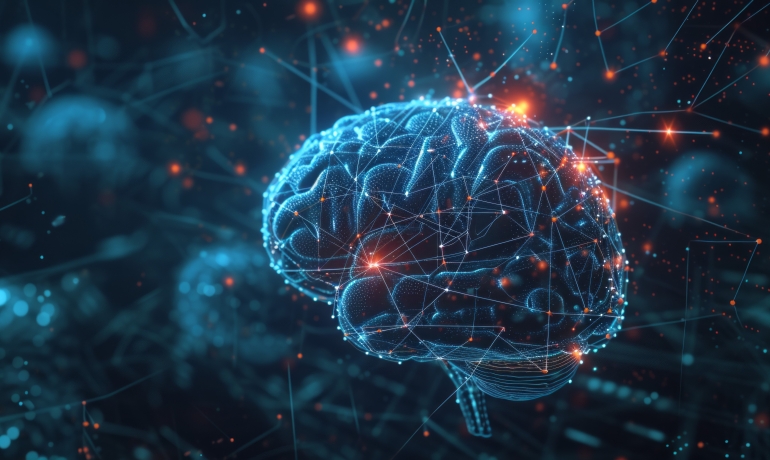Technology and Human Rights
Learn more about how human rights-centred design and deployment must be at the heart of all technology.

Meet the Commissioner
Lorraine Finlay
Lorraine's most recent roles have been as the Senior Human Trafficking Specialist with the Australian Mission to ASEAN and as a law lecturer at Murdoch University. In her academic role, Lorraine has lectured in criminal law, constitutional law and international human rights, and has been recognised with several national and university awards for her teaching and research.
Before moving to academia, Lorraine worked as a State Prosecutor with the Office of the Director of Public Prosecutions (WA) and as a Judges' Associate at the High Court of Australia. Lorraine holds a dual Masters in Law from New York University and the National University of Singapore.
Latest News
Australia and Lethal Autonomous Weaponry
Learn more about Australia's approach to lethal autonomous weapons systems and what this means for human rights.
Human Rights in AI-powered Immersive Worlds
Read Commissioner Finlay's speech at Metaverse Safety Week 2023 about the importance of human rights and technology.



